When I traveled to Vietnam, I found myself having the same conversation with the different people I met throughout my trip. It made me realize that you really only need to have a few phrases memorized in order to make friends. Basically, I was able to say all in Vietnamese “Hello, my name is Elizabeth. This is my family. We are from San Francisco. I understand and speak a little Vietnamese.” I would typically introduce my son, my daughter and my husband. As I repeated this familiar conversation, I grew more confident in my pronunciation.
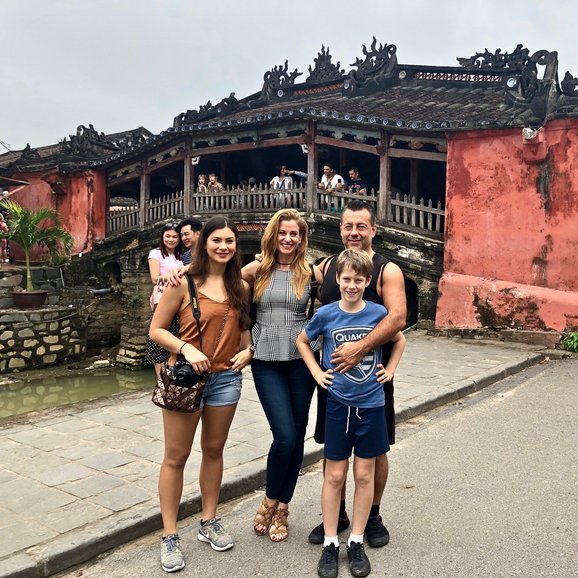
My Family in Hội An, Vietnam
I was surprised by how often people would ask me how old I was. It was usually their third question. For an American, this is an odd question and one we do not usually ask adults. I was used to telling people how old my kids are. But my age?
If this happens to you in Vietnam, do not be offended by this question, there is a very simple explanation. The Vietnamese need to know how old you are so they can properly address you. In Vietnamese, there really is no universal way to say, “you.” Google Translate says “bạn” means “you,” however “bạn” really means “friend.” This simplistic translation does not completely explain “you” in Vietnamese.
The word for “you” depends on your age in relation to the person addressing you and your gender. The word for “you” is also a different variation of a word for a family member. “You” can be big sister (“chị”) if the woman is slightly older than you or grandma (“bà”) is the woman is the same age as your grandma. If the woman is younger than you, she is little sister (“em”). It is the same with men; big brother (“ahn”), grandpa (“ông“) or little brother (“em”). They also use aunt “cô” and uncle “chú.
Unlike languages like French, Spanish or Greek, there is not a division between formal and informal. In Vietnamese, everyone one is a part of the family. To most of the young women I met at the hotels where we stayed, I was their big sister “chị” and they were my new baby sisters “em.” In English it would be as if we replaced the word “you” with family endearments. "Good morning big sister." "Good morning little sister." "Hello grandma." "Goodbye grandpa." Imagine what our world would be like if we greeted everyone as if they were a member of our family.

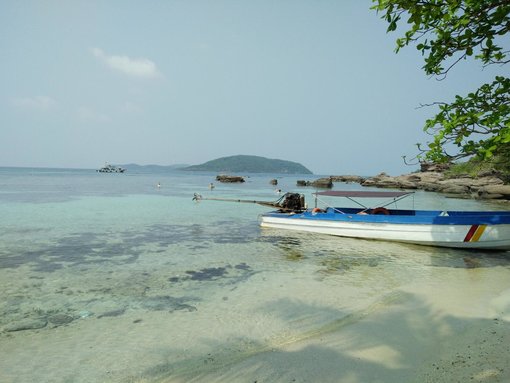
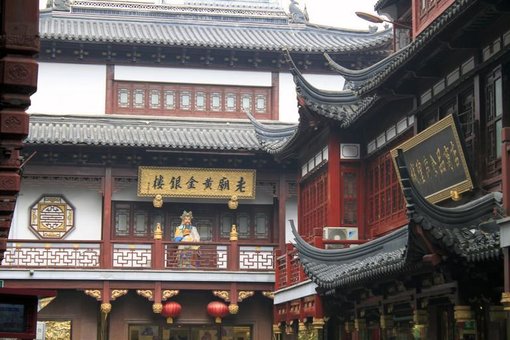
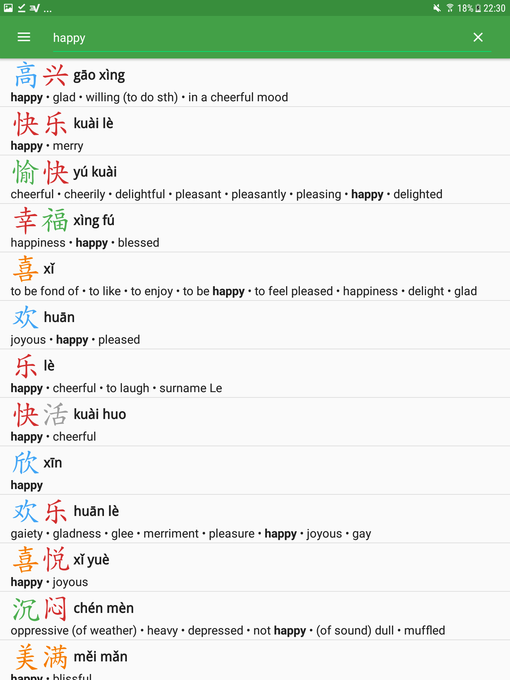
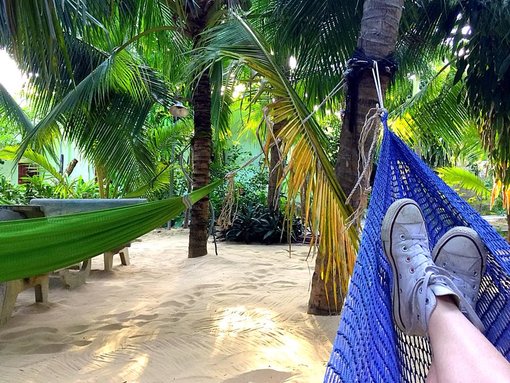
Carole
Aug 21, 2019 at 09:47
Vietnamese people are so nice! I wonder if they are nice because they speak like that or if they speak like that because they are nice... Can't wait to go back!
AdventuresInFluency
Aug 21, 2019 at 15:39
I completely agree. When you return to Vietnam, I hope I can inspire you to learn a little bit of the language. If you need more inspiration, check out my blog post https://adventuresinfluency.com/five-reasons-why-speaking-a-little-vietnamese-goes-a-long-way/. If you are inspired to learn Vietnamese and wonder if you can teach yourself, check out https://adventuresinfluency.com/can-you-teach-yourself-vietnamese/.